On a range of issues, from public safety and policing to border security, immigration and counterterrorism, to dealing with allies and rivals, Trump embraced counterproductive and sometimes outright fanciful measures, writes Vanda Felbab-Brown. His America-first approach promised to withdraw the United States into Fortress America, build walls around it and put the country in a defensive crouch against others. This post originally appeared on PBS Newshour.
Like half of the United States, much of the free democratic world stands in consternation that the Republican candidate was elected president of the United States. The 2016 presidential campaign polarized U.S. society. Mr. Trump promoted politics of racism and hate and poured vitriol on imagined enemies.
Immigrants to the United States from Mexico and the Middle East as well as Muslims in general were among the targets of his allegations of disloyalty, subversion and incipient terrorism. On a range of issues, from public safety and policing to border security, immigration and counterterrorism, to dealing with allies and rivals, he embraced counterproductive and sometimes outright fanciful measures. His America-first approach promised to withdraw the United States into Fortress America, build walls around it and put the country in a defensive crouch against others.
His America-first approach promised to withdraw the United States into Fortress America, build walls around it and put the country in a defensive crouch against others.
During his campaign, he denigrated allies and questioned the usefulnsess of NATO, sought to make friends with Russian President Vladimir Putin despite Putin’s blatantly anti-American policy, rejoiced in humiliating neighbors like Mexico, repeatedly lashed out against China, suggested policies for the Middle East that ranged from uninformed (such as his promise to abort the U.S.-Iran nuclear deal), erratic, un-implementable (taking oil away from the Islamic State) to utterly unspecified (such as how to fight the Islamic State or what to do with Syria or Egypt).
While rejecting open global trade, including the Trans-Pacific Partnership, and promising to tear up NAFTA, he remained silent on a host of important foreign policy issues, such as Afghanistan where the United States is stuck in the midst of a tough fight against a powerful Taliban and whether a continuing U.S. presence makes crucial difference for the survival of the Afghan government and the prevention of a full-blown civil war. Already, the Taliban has asked President-elect Trump to withdraw U.S. forces from Afghanistan; with his neo-isolationist tendencies, he may be tempted to do.
Some foreign politicians did celebrate his election: Russian media were joyful. Far right parties in Germany and France also received a fillip, feeling that the wave of populism sweeping the world may lift them to power next year as well. Although President Trump will soon find out that many of Putin’s policies are deeply hostile to the United States whoever is in power in the White House, President Trump may find kindred spirits in the president of the Philippines Rodrigo Duterte and Colombia’s former President Alvaro Uribe. But not all populist leaders will simply bond with him and fall in line with his preferences simply on grounds of their shared hostility to a liberal international order and divisive and exclusionary domestic orientation.
This is heavy baggage that Trump brings to the Oval Office. The credibility of the United States as a country committed to pluralism, multiculturalism, inclusiveness, opportunities for all and human rights—in other words, U.S. soft power—has already suffered a serious blow. Recovering that reputation for enlightened leadership will be hard for President Trump, given the xenophobia of his rhetoric on the way to the White House.
In a bleak scenario, President Trump will attempt to implement the policies he proclaimed as a candidate Trump. Although he is unlikely to withdraw the United States from NATO, his divisive posturing could damage the alliance badly. Indeed, he appears to have little use for most multinational international organizations, including the United Nations, and their international dispute resolution processes.
If he persists in his proclaimed attempts to simply order others to adopt policies contrary to their interests, making them pay for walls and wars, and oscillates between withdrawal and erratic angry lashing out, he could damage many a bilateral relationship in Asia, the Middle East and Latin America. He could dangerously escalate reactions to North Korea’s belligerence and intensify tensions with China.
There is also little to give us confidence that he would be willing to promote healthy, democratic and prosperous societies in Africa; instead, he may lean toward U.S. policies to counterterrorism strikes of questionable effectiveness and giving wannabe dictators carte blanche for all kinds of problematic behavior.
This scenario, however dark, is unfortunately highly plausible, given Donald Trump’s boorish strutting. But it is possible that President Trump will discover what all his predecessors have discovered. That being the president of the United States comes with weighty multidimensional responsibilities, grounding commitments, sunk costs and institutions of restraint against unaccountable international as well as domestic actions. He is likely to learn quickly that the world from the Oval Office looks different from the world seen from the Trump Towers or the campaign trail.
Moreover, candidate Trump did not feel bound by an ideology or the need for consistency. On issue after issue, he flip-flopped and adopted blatantly contradictory positions. Such erratic and inconsistent behavior will prove damaging if he practices it in the office. But it gives him a lot of room to pivot away from the most detrimental statements of the campaign and embrace sounder policies. He thus has an initial chance to make policy choices on the basis of carefully considering experienced and multiple voices rather than the campaign’s fury.
Hopefully, President Trump will appoint at least some seasoned Republican, even nonpartisan, advisers committed to the preservation of U.S. national interests, not just inexperienced outsider acolytes. But even if he doesn’t, there are still layers of professional foreign service, intelligence and civil service officers and a web of constitutionally-institutionalized checks and balances that can work to moderate policies that could jeopardize the national interest.
Even though such professional pushback and institutional restraints are hardly foolproof—namely, the neocon era of the first George W. Bush administration, with its disastrous war in Iraq and rejection of core U.S. values at home and abroad—the system eventually snapped back. Yes, candidate Trump denigrated the country’s foreign, intelligence and civil service professionals. But President Trump would be wise to listen to them carefully and may well find he has to.
And beyond the professional class and other institutions such as U.S. laws and courts, there is a robust civil society in the United States. It is imperative for all of us to speak truth to power, push back against proposals that jeopardize U.S. interests and creed, and steer policy toward a better direction.
The Brookings Institution is committed to quality, independence, and impact.
We are supported by a diverse array of funders. In line with our values and policies, each Brookings publication represents the sole views of its author(s).

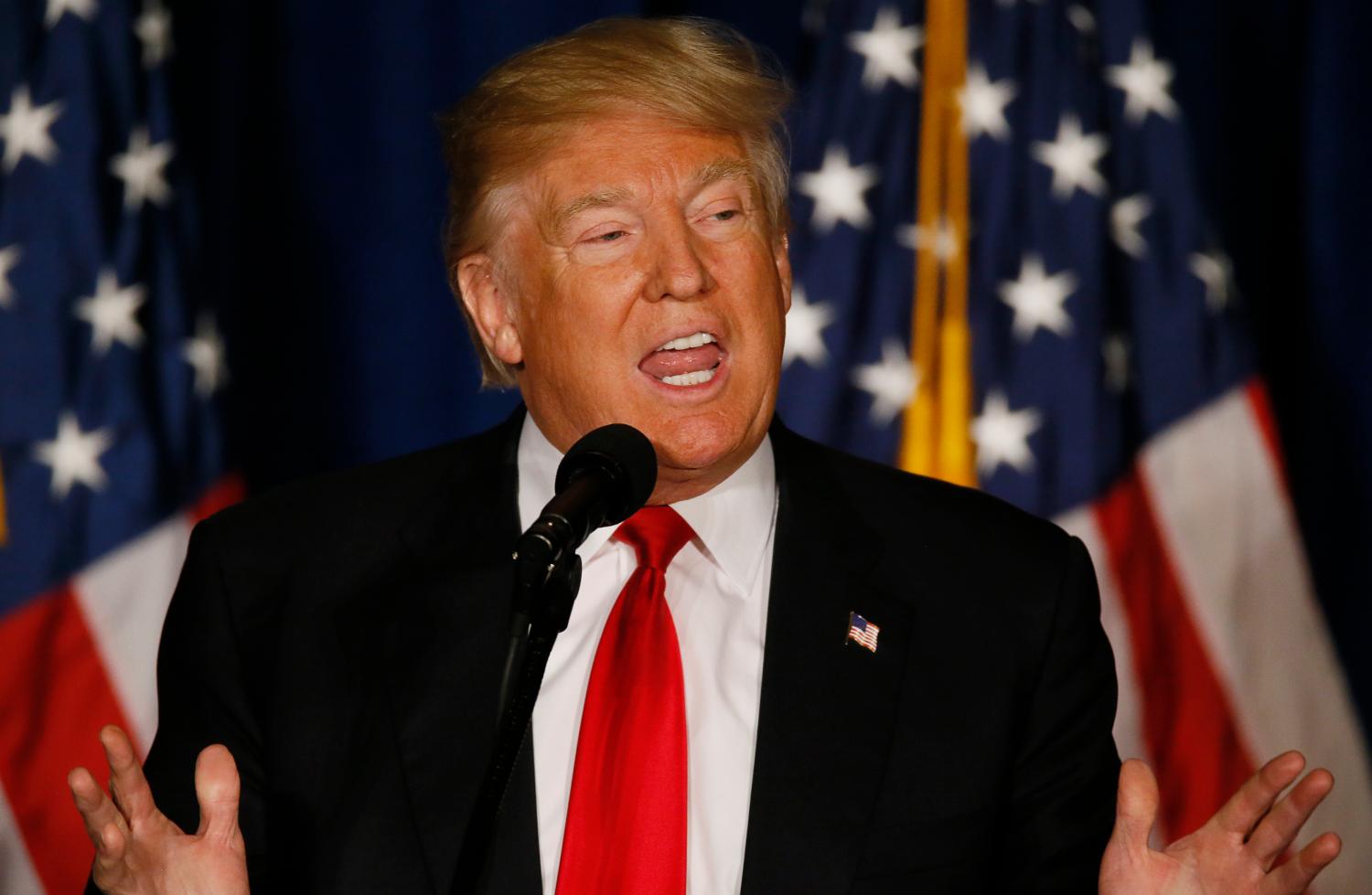
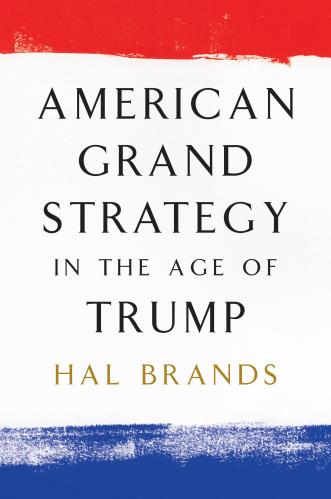
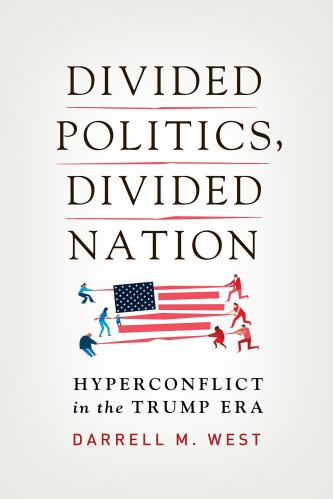
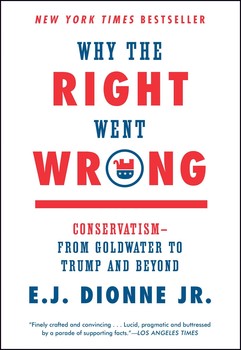
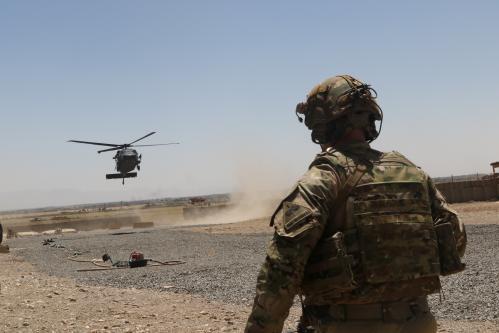
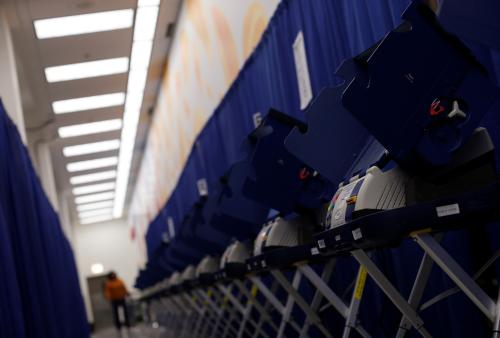
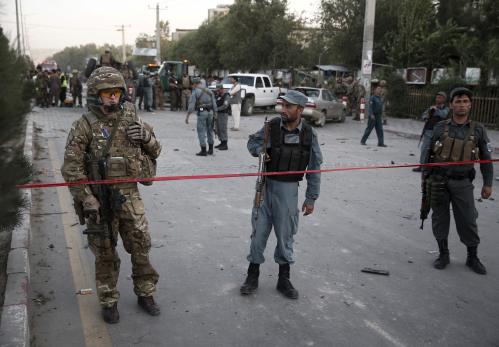




Commentary
What will foreign policy look like under President Trump?
November 9, 2016